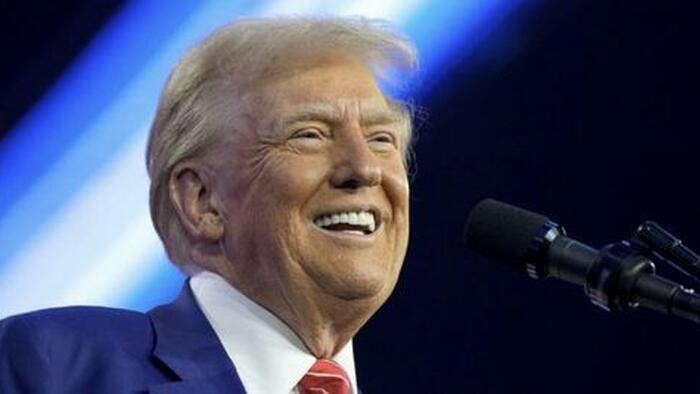
The Supreme Court on Friday handed the Trump administration another emergency-docket victory, allowing it to pause spending on $4 billion in foreign aid that Congress had appropriated for the current fiscal year.
In a brief order, the court said the government made a “sufficient showing” that the plaintiffs – aid groups led by the Global Health Council – are likely barred from suing under the 1974 Impoundment Control Act. The majority also noted that “the asserted harms to the Executive’s conduct of foreign affairs appear to outweigh the potential harm” to the organizations, and left in place a Sept. 9 administrative stay Chief Justice John Roberts had issued while the justices considered next steps.
The decision blocks a lower-court ruling by U.S. District Judge Amir Ali, who on Sept. 3 ordered the administration to spend the money unless Congress affirmatively withdrew it. The administration has told lawmakers it intends not to obligate the $4 billion while proceeding with roughly $6.5 billion in other foreign-aid outlays.
The dispute centers on whether the White House can use “rescission” – formally notifying Congress that it does not plan to spend certain funds – to run out the clock as the fiscal year ends Sept. 30. Critics have labeled the end-stage tactic a “pocket rescission,” a maneuver not seen in nearly half a century and, they argue, at odds with Congress’s power of the purse. The administration counters that Judge Ali’s ruling imposes unacceptable constraints on diplomacy by forcing officials into late-stage negotiations with foreign counterparts over funds the Executive has decided to withhold.
Friday’s order arrived without full briefing or oral argument, prompting a dissent from the court’s three liberals. Justice Elena Kagan wrote that the legal questions have not been presented to the court before, placing the case in “uncharted territory,” and said the justices should have allowed the litigation to proceed in the lower courts. “We therefore should have denied this application… and ensured that the weighty question presented here receives the consideration it deserves,” she wrote.
Per NBC News, the ruling marks the 20th time the justices have granted an emergency application from the administration since President Donald Trump’s second term began in January – an unprecedented volume and success rate on the so-called “shadow docket” (without full briefing or oral arguments), according to critics in the legal community, including some lower-court judges.
The stakes extend beyond separation-of-powers doctrine. The administration has moved swiftly to reorient the U.S. Agency for International Development, which traditionally disburses billions for global health, water access and disease prevention. With Republicans controlling both chambers and engaged in broader fiscal talks to avert a shutdown before Oct. 1, Congress is unlikely to muster a response to the rescission notice in the few remaining days.
What to Watch Next
Merits posture: The case now returns to the lower courts to litigate whether the Impoundment Control Act permits the administration’s approach—and who, if anyone, has standing to challenge it.
Clock pressure: If funds expire on Sept. 30 without obligation, subsequent court rulings may be overtaken by events, effectively vindicating the “pocket rescission” strategy.
Hill dynamics: Any congressional pushback would require swift agreement in a Capitol consumed by year-end funding negotiations.
Foreign-policy fallout: Aid groups warn of program interruptions abroad; the administration frames the pause as necessary to align spending with its diplomatic priorities.
The Global Health Council and allied organizations argue that the administration’s theory would flip the Impoundment Control Act “on its head,” transforming a statute designed to curb presidential impoundments into a vehicle for expanding them while insulating such decisions from judicial review. The Supreme Court’s order leaves that debate for another day—but, for now, allows the withholding to continue.
In short, reeeeeee!



